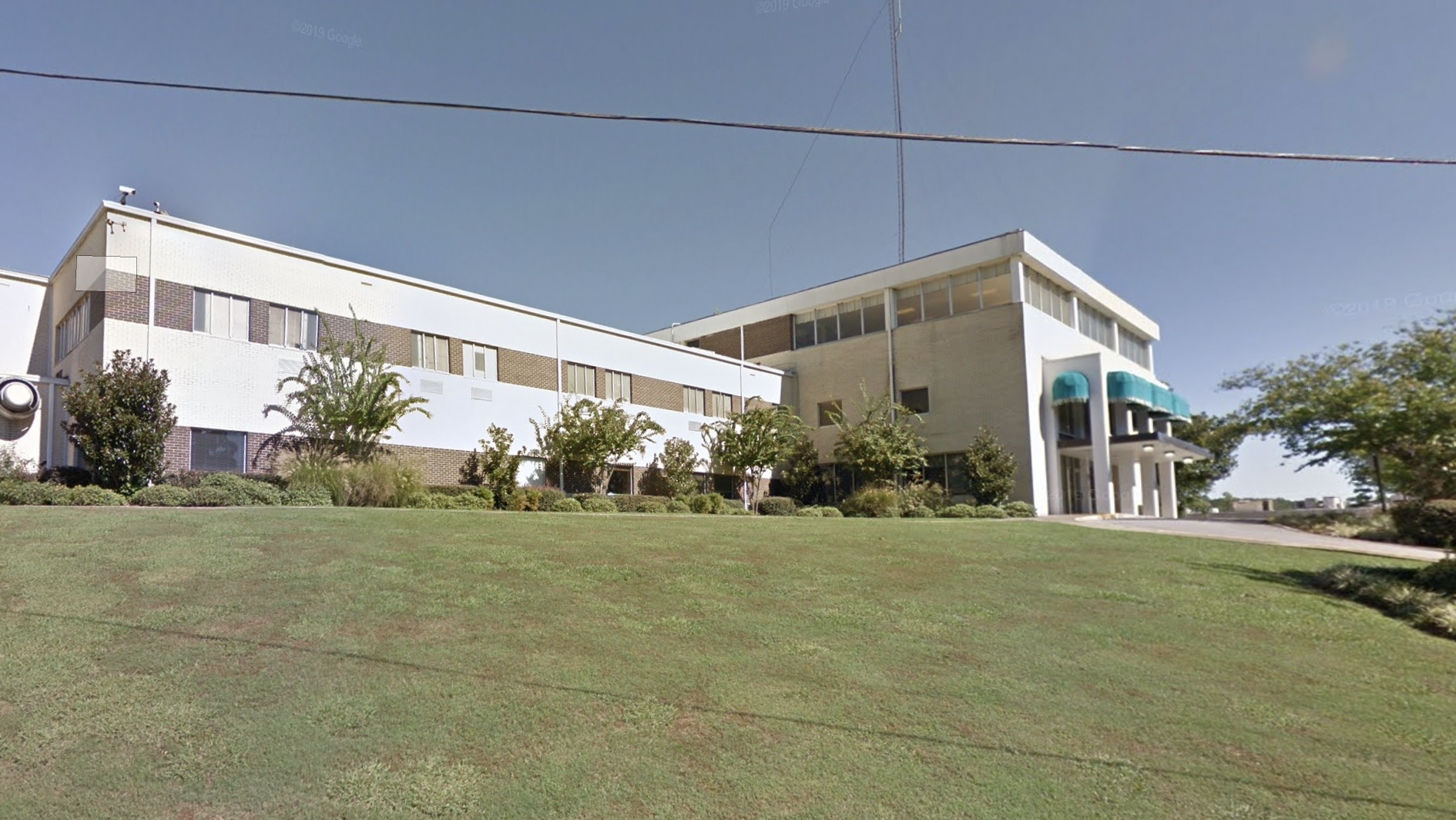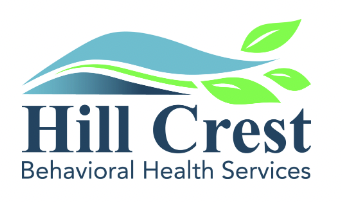Hill Crest Behavioral Health Services
Overview
Hill Crest Behavioral Health Services is an substance abuse treatment center that provides inpatient and outpatient treatment for men and women from 18+ years of age. As part of their special programs, Hill Crest Behavioral Health Services treats clients with hiv or aids, children/adolescents with serious emotional disturbance (sed), and active duty military. To help patients achieve sobriety, Hill Crest Behavioral Health Services provides intake assessments. Afterward, patients receive family counseling, individual psychotherapy, and cognitive behavioral therapy during treatment. Hill Crest Behavioral Health Services is located in Birmingham, Alabama, providing treatment for people in Jefferson County, accepting county or local government funds, medicaid, and other state funds.
Hill Crest Behavioral Health Services at a Glance
Payment Options
- County or local government funds
- Medicaid
- Other State funds
- Private health insurance
- State corrections or juvenile justice funds
Assessments
- Comprehensive mental health assessment
- Comprehensive substance use assessment
Age Groups
- Adults
- Children/adolescents
- Young adults
Operation
- Private for-profit organization
Treatment At Hill Crest Behavioral Health Services

Conditions Treated
Mental health treatment:
Mental health treatment involves various therapies and support services provided by licensed professionals to address mental health issues. These interventions, which can include therapy, medication, and holistic approaches, aim to enhance well-being, improve coping, and empower individuals to lead fulfilling lives. It's personalized, comprehensive care for mental health challenges.
Substance use treatment:
Substance abuse treatment programs can help to address addiction and, if relevant, any co-occurring mental health conditions. Programs include outpatient, inpatient, dual-diagnosis, and partial hospitalization. The addict will receive therapies like cognitive behavioral therapy, or dialectical behavioral therapy, and sometimes complementary therapies like acupuncture and mindfulness-based therapy. By attending skills training and recovery groups you’ll build a strong foundation for your recovery and strengthen your support network, increasing your chances of long-term recovery success.
Co-occurring Disorders:
Dual-diagnosis rehabilitation centers specialize in the treatment of individuals who suffer from a co-occurring mental health disorder and a substance use disorder. This complex interplay between addiction and mental health can make recovery more challenging, as each condition may exacerbate the symptoms of the other. Dual-diagnosis rehabilitation centers offer an integrated approach that addresses both issues simultaneously and often includes a comprehensive assessment for an Integrated Treatment Approach through Holistic Therapies, including family therapy and aftercare treatment.

Levels Of Care
Outpatient:
Outpatient treatment at rehab centers provides adaptable therapy schedules, usually spanning 1-3 hours weekly, enabling participants to maintain their everyday routines while undergoing treatment. On the other hand, intensive outpatient programs require a more dedicated time investment, frequently around 9-15 hours a week, delivering a deeper therapeutic experience without the commitment of inpatient residency.
Hospital inpatient treatment:
Inpatient treatment involves a comprehensive residential therapeutic program where patients stay on-site for a duration typically ranging from 30 to 90 days. This immersive environment offers structured support, ensuring safety and a focus on recovery. Therapies provided include individual and group counseling, cognitive-behavioral therapy, holistic treatments, family therapy sessions, and experiential therapies. The aim is to address addiction or mental health disorders' physical, emotional, and psychological aspects, laying a robust foundation for sustained healing.

Treatment Modalities
Family counseling:
Family counseling is a therapeutic approach that addresses the dynamics, interactions, and challenges within a family unit. Through guided discussions and interventions, a trained counselor helps family members understand one another, resolve conflicts, improve communication, and strengthen their bonds. This form of therapy can be beneficial for families facing transitions, stressors, or behavioral issues, promoting understanding and facilitating positive change in the familial environment.
Individual psychotherapy:
Individual Psychotherapy is a personalized therapeutic approach aimed at aiding individuals in overcoming addiction and its underlying psychological triggers. A licensed therapist works closely with the individual through one-on-one sessions to unearth and address personal challenges, emotional issues, and behavioral patterns contributing to their substance abuse. Individual psychotherapy lays a robust foundation for a sustainable recovery and a better quality of life by fostering self-awareness, coping strategies, and healthier behavioral responses.
Cognitive Behavioral Therapy:
Cognitive Behavioral Therapy (CBT) is a therapeutic approach that emphasizes the interconnectedness of thoughts, emotions, and actions. It promotes healthy reactions to thoughts and emotions, steering individuals away from harmful responses such as substance abuse. Proven effective for various addiction recoveries, CBT enhances an individual's self-awareness and self-control. Through CBT, individuals learn to better gauge their emotional well-being, communicate more effectively, and handle stress without resorting to drugs or alcohol.
Dialectical Behavior Therapy:
Dialectical Behavior Therapy (DBT) is a cognitive-behavioral approach specifically designed to help individuals regulate emotions, enhance interpersonal effectiveness, develop distress tolerance, and increase mindfulness. In addiction treatment, DBT equips individuals with practical skills to manage triggers, cope with stressors, and build a life worth living without resorting to substance use. By addressing both the emotional and behavioral challenges of addiction, DBT fosters personal growth and long-term recovery.
Eating Disorder Treatment:
Eating Disorder Treatment is a specialized approach to help individuals struggling with disordered eating patterns. It involves therapies, counseling, and medical monitoring by a team of professionals to promote recovery, address underlying causes, and improve overall well-being. The goal is to establish a healthier relationship with food and self-image, facilitating long-term recovery and well-being.
Group counseling:
Group counseling provides a supportive environment where individuals share personal experiences and insights, under the guidance of a professional counselor. It facilitates self-awareness, fosters interpersonal learning, and helps members work through personal and relational challenges. Through shared dialogue and reflection, individuals learn coping strategies, gain emotional support, and experience personal growth within a communal setting.
Experiential Therapy:
Experiential therapy is a therapeutic approach that encourages patients to identify and address hidden or subconscious issues through activities, interactions, and role-playing. Instead of focusing solely on talking, therapists use experiential techniques to help clients relive past traumas, express emotions, and gain insights into their behaviors. The aim is to foster personal growth and enhance self-awareness by immersing individuals in experiences that can lead to a deeper understanding of themselves and their relationships.
Marital/couples counseling:
Whether a marriage or other committed relationship, an intimate partnership is one of the most important aspects of a person's life. Drug and alcohol addiction affects both members of a couple in deep and meaningful ways, as does rehab and recovery. Couples therapy and other couples-focused treatment programs are significant parts of exploring triggers of addiction, as well as learning how to build healthy patterns to support ongoing sobriety.
Trauma-related counseling:
Trauma therapy addresses the deep-seated emotional and psychological wounds often linked with substance abuse disorders. Recognizing that traumatic experiences can be a root cause or a significant contributing factor to substance addiction, this therapeutic approach seeks to help individuals understand, process, and heal from their traumas. Doing so fosters emotional healing and bolsters the individual's chances of long-term recovery from addiction. Integrating trauma-informed care into addiction treatment ensures a comprehensive approach that addresses substance abuse's symptoms and underlying causes.
Ancillary Services
Languages
- Sign language services for the deaf and hard of hearing
- Spanish
Special Programs
- Clients with HIV or AIDS
- Children/adolescents with serious emotional disturbance (SED)
- Active duty military
- Persons with eating disorders
- Clients who have experienced trauma
Contact Information
DISCLAIMER: The facility name, logo and brand are the property and registered trademarks of Hill Crest Behavioral Health Services, and are being used for identification and informational purposes only. Use of these names, logos and brands shall not imply endorsement. BetterAddictionCare.com is not affiliated with or sponsored by Hill Crest Behavioral Health Services.


